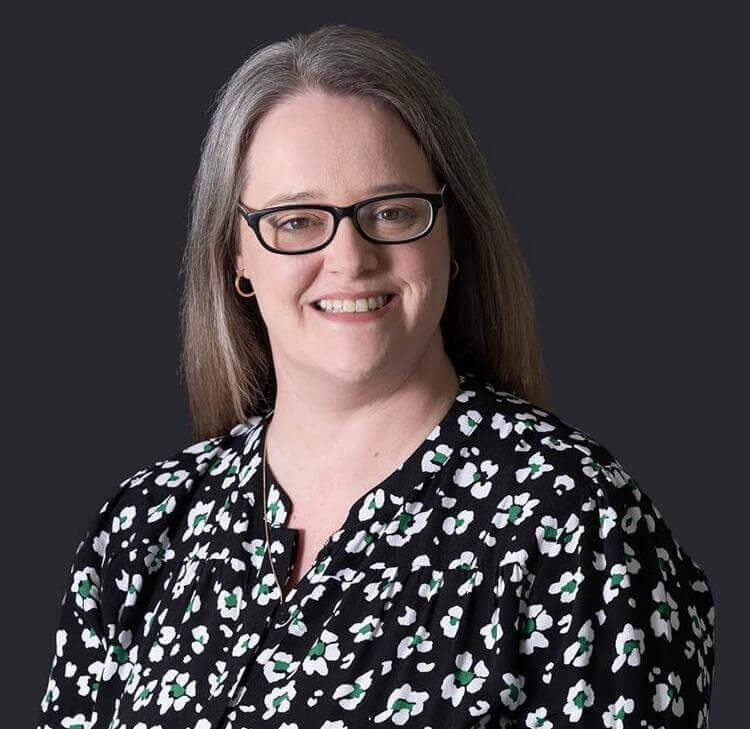Covid’s costly impact on school attendance
From the start of the autumn term it has been a national priority to keep education settings open full-time. Attendance numbers have suffered during the pandemic (particularly amongst 11 to 18-year olds) and pupil numbers are at their lowest since re-opening.
Please note: the information contained in this legal update is correct as of the original date of publication.
From the start of the autumn term it has been a national priority to keep education settings open full-time. Attendance is mandatory and the usual attendance rules apply. Schools are now following up absences as before and challenging any unauthorised non-attendance. It is important that the full picture of attendance is gained especially as the stricter tier system return. An additional workload for staff has been added regarding monitoring online learning and the access to that learning platform for pupils who are absent for Covid-19 reasons.
Attendance numbers have suffered during the pandemic (particularly amongst 11 to 18-year olds) and pupil numbers are at their lowest since re-opening. There are concerns that as the Christmas holidays loom numbers will drop further as families look to isolate in advance of mixing with other family members. However, the Department for Education (DfE) have made it clear that schools should stay open and not move to online learning for the final weeks of term and that parents should continue to send their children to school.
The attendance addendum to deal with Covid-19 matters, published in September, makes it clear that only those pupils who meet the criteria to be away from school for specific Covid-19 related reasons can use ‘Code X’ when reporting absence. This will be used as an additional category of non-attendance. This covers where pupils have been told to isolate due to symptoms or confirmed cases of Covid-19 within their close contacts or a member of their household (see guidance for restrictions on use of Code X post-test results e.g. move to ‘Code I’ for illness). Those who are required to quarantine (potentially on advice from Public Health England (PHE) or the Department of Health and Social Care) or even those who are Clinically Extremely Vulnerable (CEV) (this will mainly cover local lockdown situations) will also be able to use Code X. Using this code will not count as an absence for statistical purposes and strict use of the code must be adhered to.
Schools will need to explore their risk assessments and systems available to them in line with DfE/PHE advice as they re-enter the tier system and how they may manage any local issues which may require escalation to the Secretary of State for review. Inconsistent application of attendance rules may lead to continued disruption in the education sector as areas move between tiers and local situations develop.
It is understandable that parents are concerned about the spread of Covid-19 in schools and how many pupils are isolating or schools where whole year groups being sent home. The DfE is keen to point out that strengthened measures are in place to keep pupils safe and that risk assessments and advice is regularly updated. Unless advised by their medical team all CEV pupils and those with still shielding family members can return to school as of 2 December.
The need is to balance the evidence of risk of harm to children by not attending school against the need to protect those at greatest risk from the virus. This has been the key factor in deciding whether to keep schools open during Lockdown 2.0.
Parents should be encouraged to engage with schools to understand the protocols in place to make and keep schools Covid-19 safe. Open and clear communication and an ability to raise genuine concerns will make the ability to manage any situations in school much easier, but in principle all pupils should be in school unless a statutory reason applies. However, this area has been subject to frequent change and as attendance numbers fluctuate and pressure mounts it is unclear what might happen next for schools, for now, business as usual... but different.
If you would like any further advice in relation to managing absences during the pandemic please get in touch with Laura Murphy who will be happy to assist.
Contact

Laura Murphy
Associate
Laura.murphy@brownejacobson.com
+44 (0)115 908 4886






































